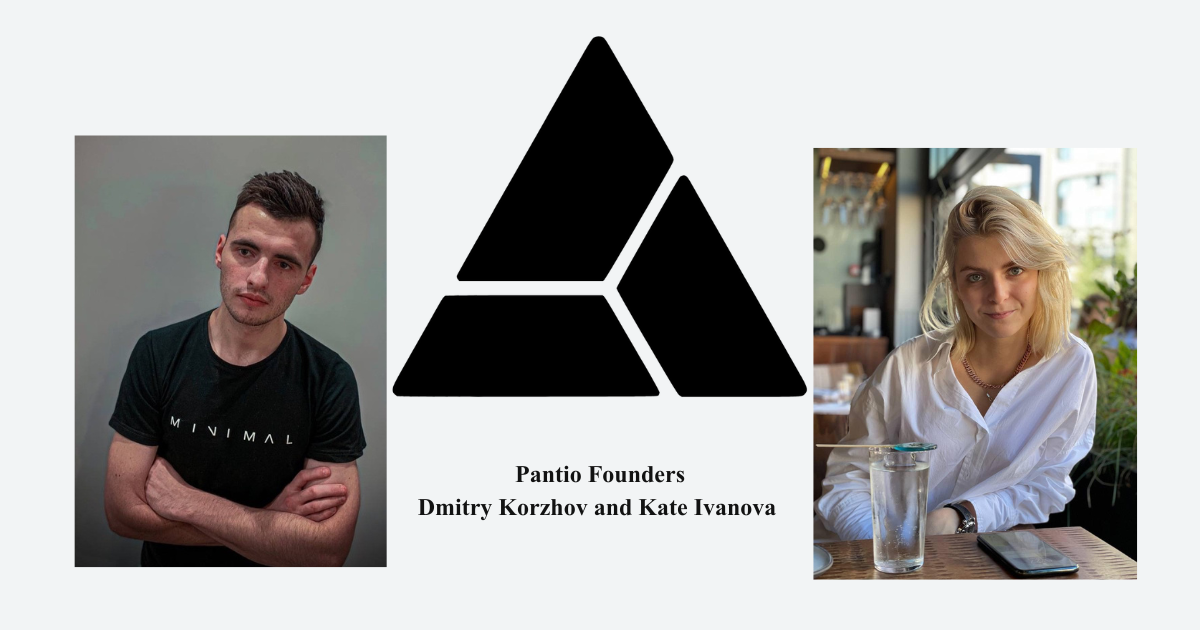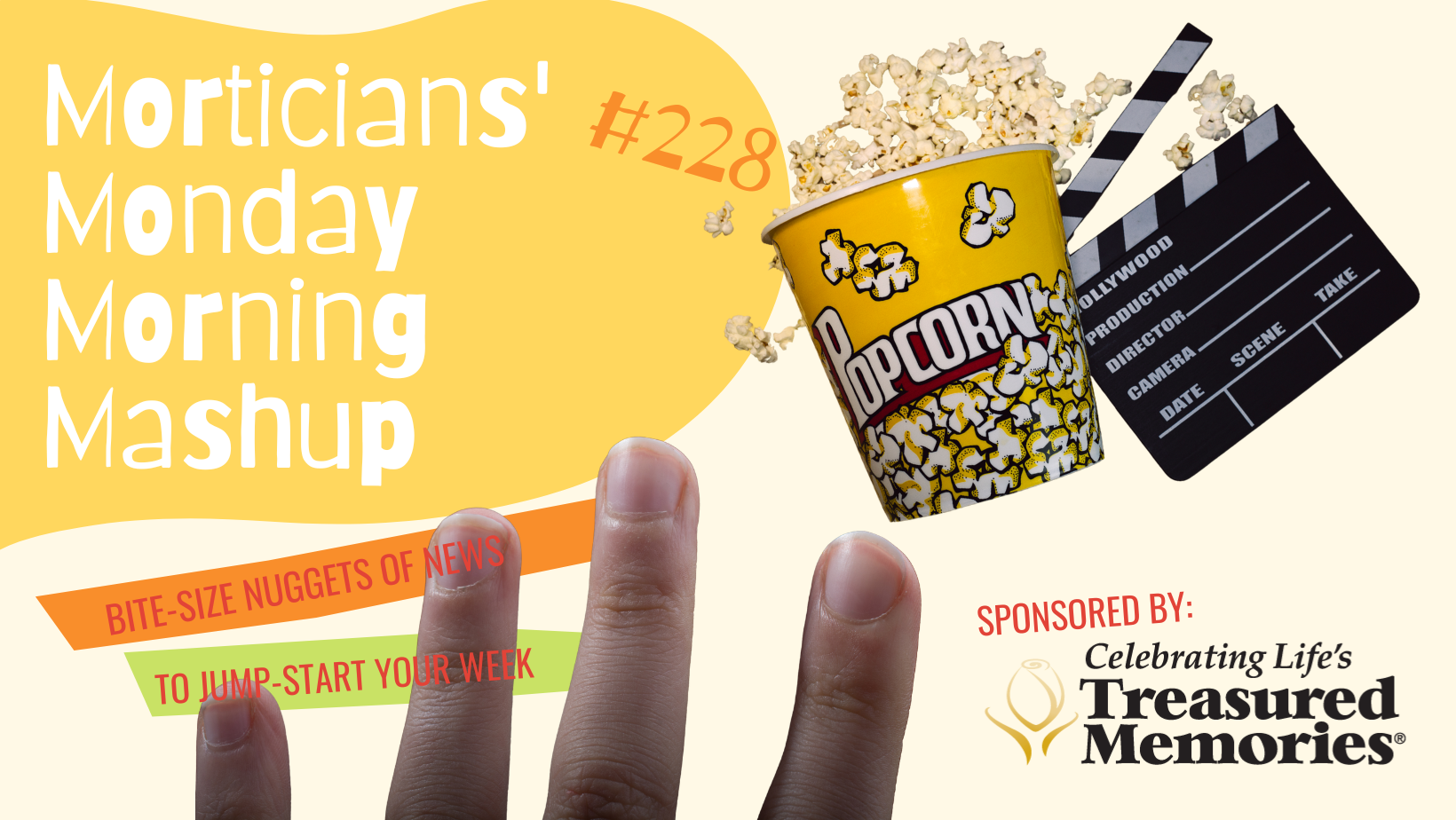Death Care Pros: Does Your Expertise Work Against You?
Mastering a trade is useful on a lot of levels. With long experience comes close familiarity: with one’s field, with the tools of the trade, with oneself. An acute sense and feel for your work comes in handy. You can be more efficient the better you are at your job. Expertise on this level bestows great benefits, financial and personal, facilitating the achievement of a day’s work with practiced ease that does not come as readily to those still building their base ability.
There are few who would deny the benefits. But what about first and last responders? Does the same thing hold true for those manning the framework of the culture of trauma?
Anticipatory Scope
Any job gets easier the longer you do it, but sometimes that ease comes at a cost.
Experienced pros get pretty good at knowing what’s coming even when they don’t know what’s coming. Particularly in roles such as first and last responders’, being a bit long in the tooth means that you carry a career’s worth of memories into every single new case; all that has come before informs the next experience, for good or for ill.
While the same is true in any field, the nature of the work of the death care professional can carry a tricky cumulative effect just due to its essence. It’s mortality, after all. There’s little hope for a superficial day’s work. Does that mean every day’s a downer? Of course not… but the work is always about death on some level and over time, a career of it amounts to a lot of death exposure.
An especially difficult situation, such as the traumatic sudden death of a child or young person, can be haunting; it’s possible for professional situations and circumstances which resonated deeply for some reason to create a seed of dread that lingers. There are things anyone would wish never to see again.
Funeral directors and other death care workers, like ER surgeons, cops, paramedics and ambulance drivers, carry a significant lifetime of experience and knowledge that can weigh heavily on the rest of their nonprofessional lives. It can also lead to a sort of tunnel vision that can make learning in new directions difficult, predisposing one to what is familiar.
Worst case scenario
In a knee-jerk, automated way, experts sort of can’t help seeing more details than those strictly presented to them. Even if a situation or a case is hypothetical, or isn’t one’s own, the body’s responses don’t recognize the difference. One may register stress all the same… for things that have not even happened, or do not involve you. What ought to be simple speculation, just an idle idea, can turn into work almost without one realizing it, calling upon all of the fund of knowledge built over decades of experience. Like muscle memory, the quick response to a simple problem can present itself all unbidden.
And if the instant knowledge presenting itself carries emotional heft – such as, say, when considering the collection of remains from a failed full-term delivery, or at the scene of a fatal vehicular collision with multiple child fatalities, or any suicide — some impact may not be avoidable.
On the whole, it seems likely that a full, long career in death care can also contribute to the development of secondary stress as much as direct exposure. Is it the sort of thing that ought to be done in shorter tenure, like police work or career soldier? Maybe for some. But for others, the calling seems to bring its own cure for the demands of the work; there are many – maybe you’re one of them – who feel meant for the post, who take the blows with the joys, and would not have it any other way.




